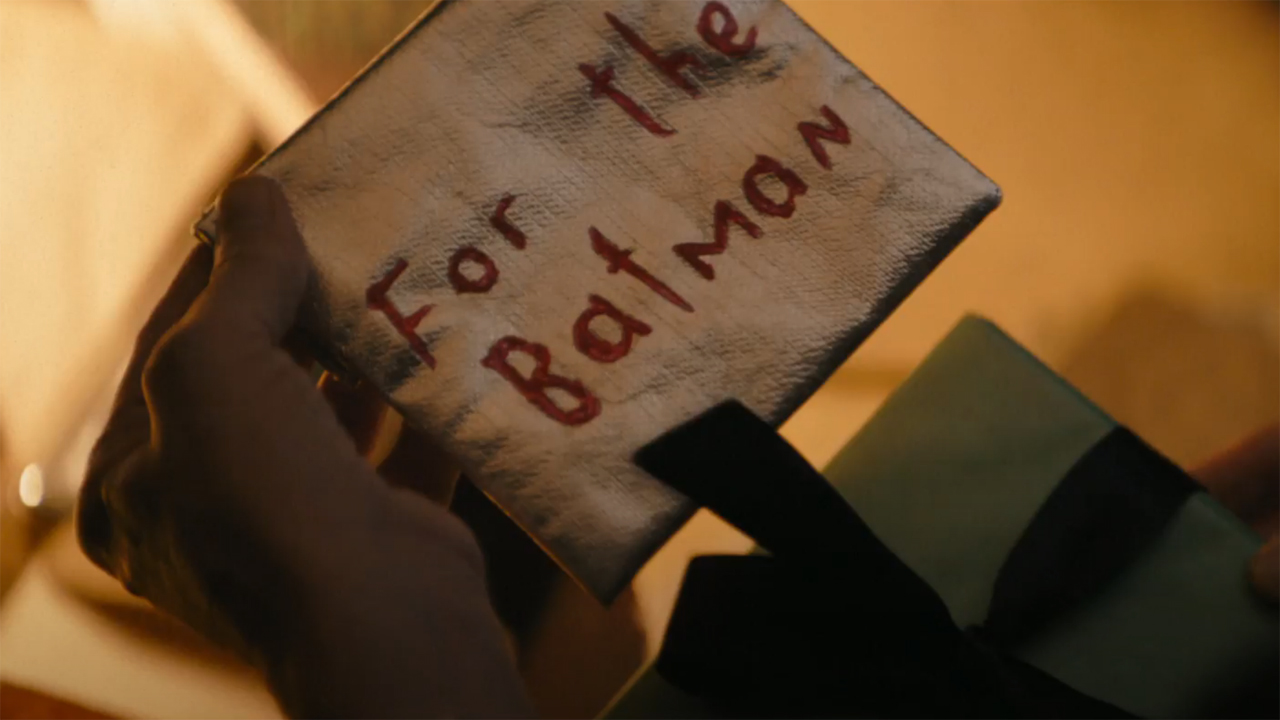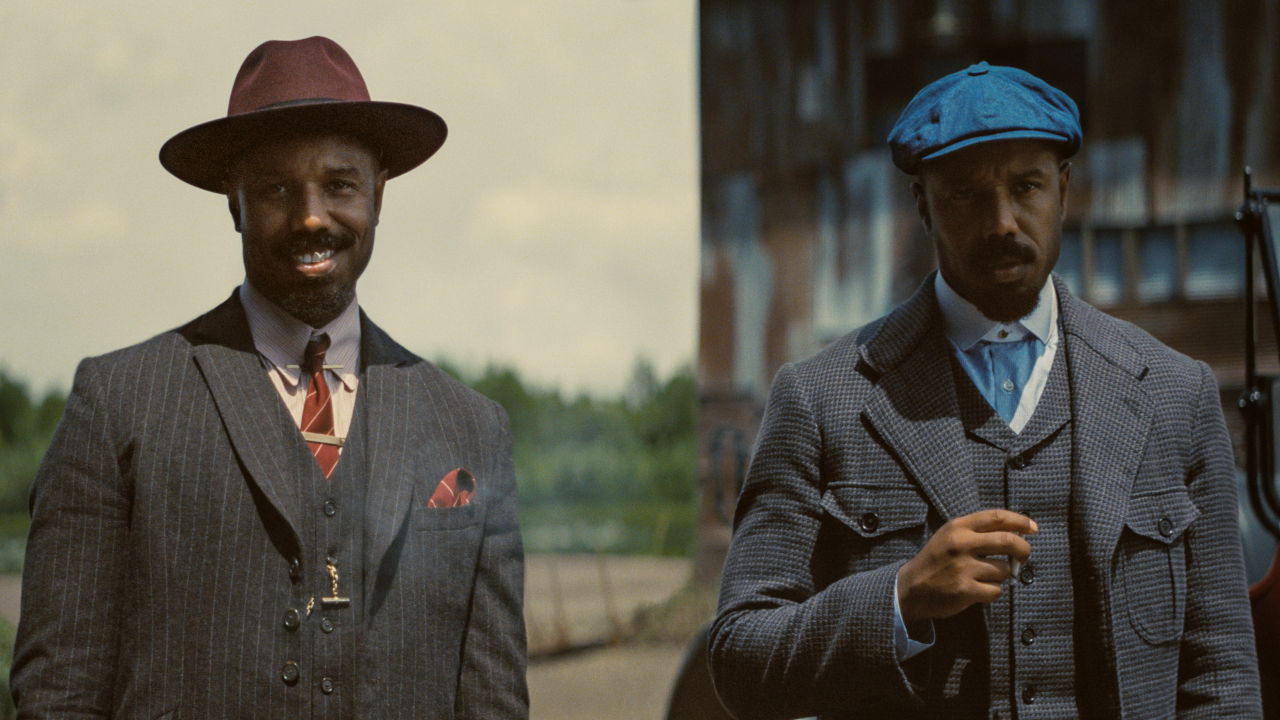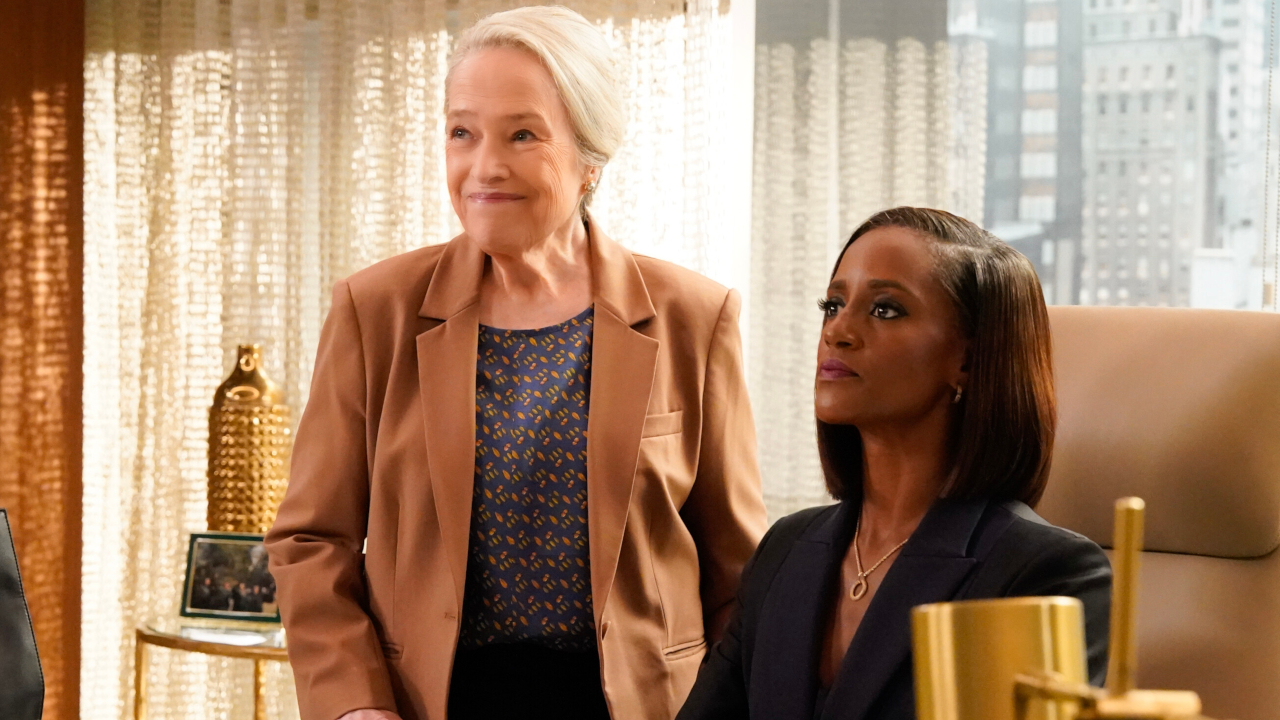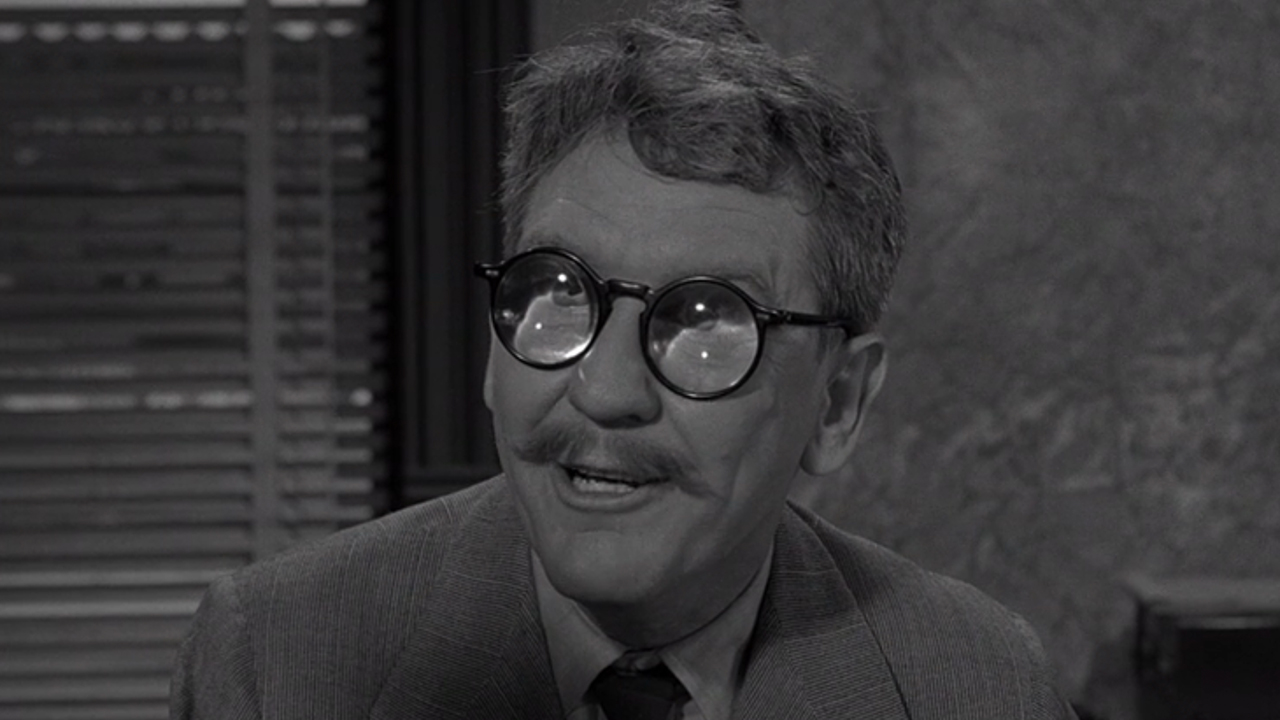Why It’s Good The Batman Didn’t Kill Off That Key Character
It could have been a big mistake otherwise.

SPOILER WARNING: The following article contains major spoilers for The Batman. If you have not yet seen the film, proceed at your own risk!
In one of the most shocking sequences in The Batman, Robert Pattinson’s Caped Crusader identifies who The Riddler (Paul Dano) is targeting for his next assassination… and it’s his alter ego. He gets in the Batmobile and tries to call Alfred (Andy Serkis) as he starts to race back to Wayne Manor, but the ringing phone doesn’t get answered. Instead, Alfred is preoccupied with a package that has come in the mail – including a note addressed to the Batman wrapped in fireproof insulation.
For a moment, the audience wonders if this new Batman canon has done what no other big screen iteration has. Is Alfred Pennyworth, the longtime loyal servant to the Wayne family, dead?
“A moment” is specific phrasing, because the movie quickly moves the story to a hospital room where it’s revealed Alfred is not dead, but instead in intensive care. It doesn’t try and milk the question of the beloved butler’s fate, and by the end of the film you get the sense that he is going to make a full recovery.
This is a choice in The Batman that is all but surely going to stir up debate among fans – and I can say that confidently, having already had multiple conversations about it with friends and colleagues. The counterpoint argument is a strong one: being the umpteenth live-action iteration of the titular character, and one that is all about the “dark and gritty,” it would have been an exceptionally bold move for Matt Reeves to kill off his brand new version of Alfred. And while one can’t call the blockbuster manipulative because of the brevity of the tease, it’s perceptible as a pulled punch, the story not wanting to commit to such a bold move.
Those are understandable points, and it certainly would have had a significant emotional impact had The Batman really killed off Alfred. The problem is that the shock value in pulling off something that big would have sincerely hurt the trajectory of this version of the Dark Knight, especially compared to where the character does land at the end of the film.

Let’s Not Ignore How Important Alfred Is To Batman
As depicted in The Batman, Bruce Wayne lives an all-but-exclusively solitary life. Some of that is purposeful, as he doesn’t bother with any billionaire swagger, and instead chooses to feed his addiction to vigilantism as much as he can. Some of it is incidental, though, and that comes from the whole “secret identity” thing. Nobody can know he’s Batman, and that automatically shuts everybody in the world out of a massive part of his life…
CINEMABLEND NEWSLETTER
Your Daily Blend of Entertainment News
…with the exception of Alfred Pennyworth, of course. Alfred’s paternal relationship with Bruce, which Andy Serkis has directly spoken to, makes him the exclusive person that he can ever trust – and with that position comes important responsibilities. He’s a wise and caring intellectual who can often see angles on things that the hero doesn’t, but more importantly he is the lifeguard on duty making sure that his surrogate son doesn’t drown, and can always be brought back to the shores of reality.
Clearly Alfred doesn’t have a tight leash on Bruce, as the bullishness of the Dark Knight proves effective at deflecting the butler’s warnings, but when things are truly going to hell, he’s the person that Gotham’s protector relies on. This is perfectly evidenced later in the film when Carmine Falcone (John Turturro) does some secret spilling regarding the late, great Thomas Wayne. After all, who does Bruce turn to when he discovers that his father isn’t the man he thought he was?

Alfred Is A Vital Character In Telling A Batman Story
Another key angle from which to look at this situation is from a macro storytelling perspective. To be blunt, Alfred is an important tool when it comes to crafting a compelling Batman movie.
The Batman is the first live-action blockbuster with the character to utilize voice-over, and while it’s a great touch that very much gets audiences inside the mind of the character (and evokes the yellow text boxes from the comics), it’s a narrative device that is perpetually in danger of being overused. Batman can’t just be constantly reading from his journals to deliver his point of view – he needs to have conversations. This is where Alfred comes in.
Screenwriters utilizing Alfred as the hero’s confidant allows him to openly and realistically move through his thought process – and while showing is always preferred over telling, there are always things that have to be told. The loyal servant’s concern for Bruce always provides valuable conflict, and it’s regularly through his relationship with Alfred that he is able to grow.

A Batman Without Alfred Is Not An Exciting Direction For This Iteration
Given Bruce Wayne’s very clear mental instability, it’s pretty clear what would end up happening to him in an Alfred Pennyworth-less world. Putting aside the fact that he possibly wouldn’t learn the truth of what happened between Thomas Wayne and Carmine Falcone, this version of Batman would very clearly spiral out of control into full time vigilantism, and probably never survive.
I can’t speak for everyone, but that’s not really a Batman movie I’m particularly interested in. Instead, what I’m really fascinated by is what actually happens at the end of The Batman – which has the potential to lead to a great future. Rather than ending up doubling down on his vengeance act, he discovers by the end of this blockbuster that his employed methods are not effective, and that he needs to change them if he really wants to protect Gotham.
I’m not suggesting that Alfred Pennyworth is an un-killable character – but I am saying that killing him off this early in Bruce Wayne’s arc would have been a huge mistake. If The Batman ends up spawning multiple sequels, Matt Reeves could certainly try pulling it off… though hopefully it would be after introducing a new big screen version of Robin to fill the void in the heroes life. For the movie he made, Reeves made the right choice with Alfred.
The Batman is now playing in theaters everywhere, earning rave reviews and dominating at the box office. To learn about all of the blockbusters currently in the works based on DC comics, check out our Upcoming DC Movies guide.

Eric Eisenberg is the Assistant Managing Editor at CinemaBlend. After graduating Boston University and earning a bachelor’s degree in journalism, he took a part-time job as a staff writer for CinemaBlend, and after six months was offered the opportunity to move to Los Angeles and take on a newly created West Coast Editor position. Over a decade later, he's continuing to advance his interests and expertise. In addition to conducting filmmaker interviews and contributing to the news and feature content of the site, Eric also oversees the Movie Reviews section, writes the the weekend box office report (published Sundays), and is the site's resident Stephen King expert. He has two King-related columns.










